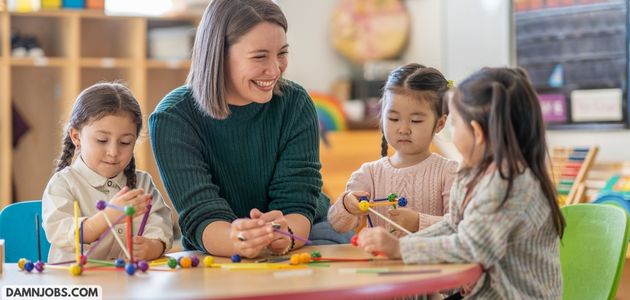The landscape of education has undergone significant transformations in the wake of the pandemic, prompting educators to navigate uncharted territories and adapt to evolving challenges.
Four years after schools grappled with the effects of the pandemic, teachers from the BuzzFeed Community recently shared insights into how their roles have been reshaped – both positively and negatively.
One recurring theme among teachers is the expanded scope of their responsibilities.
No longer confined to traditional teaching roles, educators find themselves donning multiple hats – from social workers and therapists to guidance counselors and parents.
This shift has necessitated a holistic approach to education, where nurturing emotional well-being and imparting basic life skills are as crucial as academic instruction.
Amidst the upheaval, educators highlight the prevalence of screen addiction among students and the resultant decline in social skills.
Many educators lament the loss of in-person interactions and express concerns about students’ ability to navigate social situations effectively, underscoring the profound impact of prolonged remote learning on social development.
Advice for Educators Navigating Post-Pandemic Challenges:
1. Embrace Adaptability: Cultivate a flexible mindset to navigate the ever-evolving landscape of education. Embrace new roles and responsibilities, recognizing that the modern educator’s role extends beyond the confines of the classroom.
2. Prioritize Student Well-being: Invest in nurturing students’ emotional intelligence and mental health. Establish a supportive classroom environment where students feel valued, heard, and equipped with the tools to navigate life’s challenges.
3. Foster Collaboration: Leverage the power of collaboration to address complex issues facing education. Engage with fellow educators, administrators, and stakeholders to brainstorm solutions, share best practices, and support one another in navigating post-pandemic challenges.
By prioritizing Adaptability, student well-being, and collaboration, educators can navigate the complexities of the post-pandemic educational landscape and continue to inspire and empower the next generation of learners.

